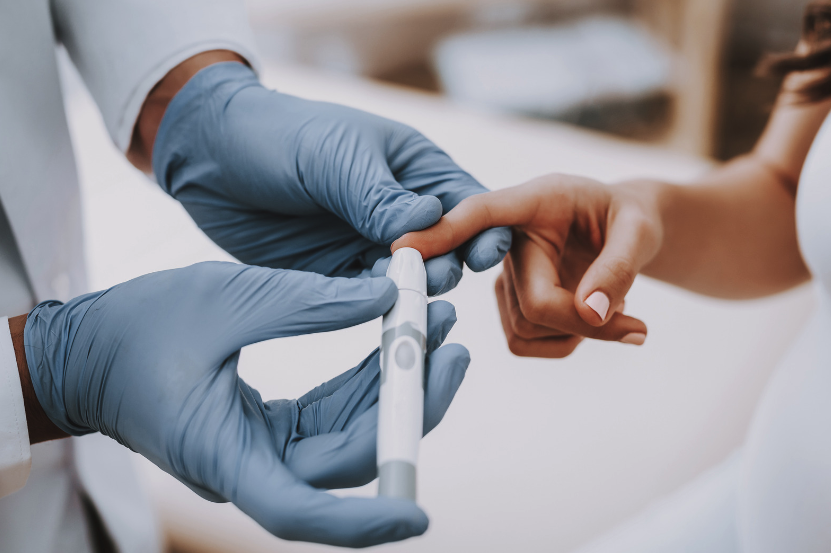As if diabetics don’t have enough to manage, diabetic women can also experience menstrual irregularities and blood sugar issues during their cycles or menopause. As of 2019, nearly 1 in 10 women have diabetes. Type 2 diabetes means the body doesn’t use insulin properly. Insulin is a hormone that helps regulate blood glucose levels. The hormonal changes that are part of menstruation can make it difficult to maintain blood sugar levels. Women with irregular periods are also at higher risk of diabetes. Let’s learn more about the connections between diabetes and irregular periods.
Menstrual Irregularities are Linked to Diabetes
A 2020 study published in the Journal of the American Medical Association noted an association between irregular and long menstrual cycles and increased risk of Type 2 diabetes. The association was stronger in overweight, inactive women who ate low-quality diets. Women who have irregular or long periods may be at higher risk for diabetes.
West Des Moines OBGYN encourages women to make an appointment to get help managing irregular menstrual cycles. If you have diabetes, make sure to let your OBGYN know of new medications and issues you are having related to your menstrual cycle or if you’re trying to get pregnant.
What Menstrual Irregularities Occur in Diabetics?
Women with diabetes can experience irregular and long periods or no periods at all. An irregular period is defined by periods that are closer than 21 days or more than 35 days apart. Memorial flow normally lasts about 3 to 7 days, so a long period may last more than a week. Review the guidelines of a normal period.
Sometimes you might skip a period. If you skip for two to three months in a row you should see your OBGYN for help identifying the reason your periods have stopped. A doctor’s visit is a good idea for anyone who misses periods for 90 days or more. It could indicate pregnancy or other health issues. Tracking the menstrual cycle can help diabetic women identify how their blood sugars fluctuate in relation to their periods.
Blood Sugar Irregularities During Menstruation
During a woman’s period, the hormones progesterone and estrogen drop and then rise again. The change in hormone levels also affects insulin levels and blood sugar levels. This can make maintaining healthy blood glucose levels more difficult. Women with Type 2 diabetes are advised to check their blood glucose levels more frequently around their periods. This can help manage higher blood sugar levels around that time.

Type 2 Diabetes and Menopause
As women with diabetes approach menopause, they can experience blood sugar irregularities, too. Diabetes is also associated with earlier onset of menopause, which normally takes place around age 50-55. The same approach to frequent blood glucose testing applies to women approaching menopause. As the female hormones change, it can affect insulin levels and blood sugar readings.
PCOS and Diabetes
Polycystic ovary syndrome, or PCOS, also has a strong association with Type 2 diabetes. Women with PCOS have increased levels of androgens, which are reproductive hormones that can prevent ovulation from occurring. Irregular periods and weight gain are two of the symptoms associated with both PCOS as well as insulin resistance and diabetes. The CDC states that more than 50 percent of women with PCOS develop Type 2 diabetes before age 40. For this reason, women who have PCOS will benefit from closely monitoring their health through exercise, diet, and routine visits to the doctor.
Whether a diabetic is insulin dependent or can control blood sugar through oral medications, diet, and exercise, diabetes requires regular attention to your health. For women, that may mean tracking your blood sugar more closely around your period. If you have questions about Type 2 diabetes and your period or fertility, we invite you to contact us for an appointment. Our female staff in Ankeny, West Des Moines, and Indianola will identify the source of your symptoms and offer options for treatment that will enhance your life and ease your mind.


